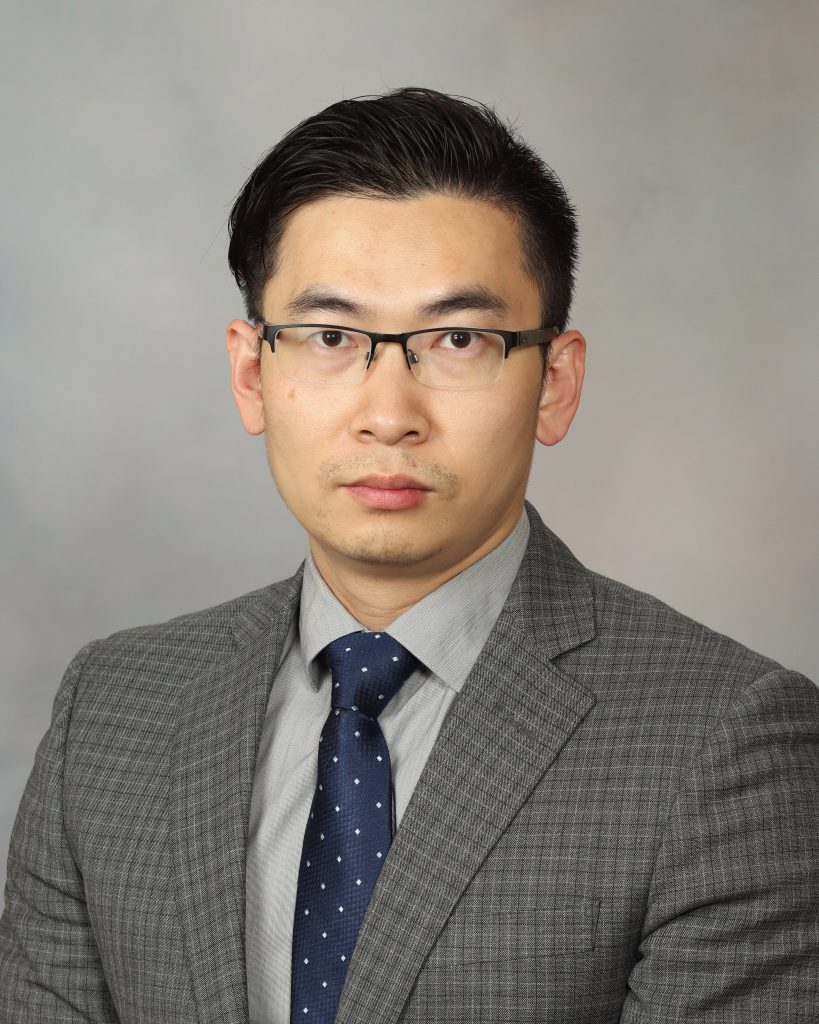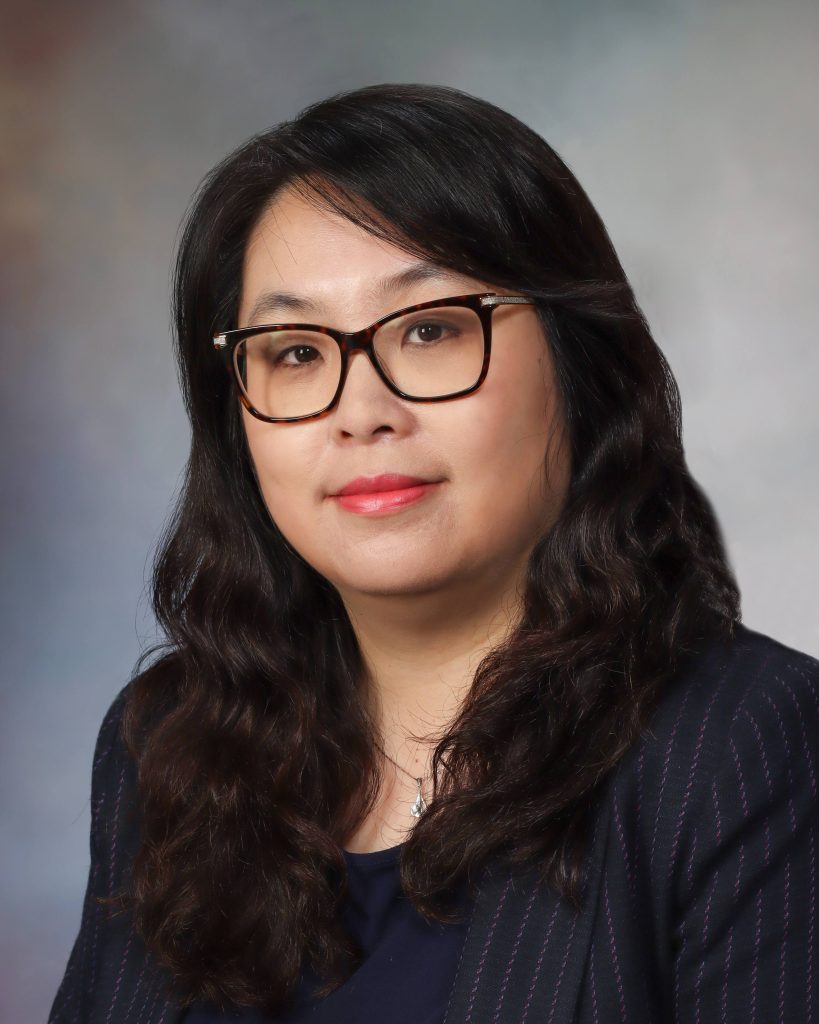-
Research
‘Virtual clinical trials’ may predict success of heart failure drugs

Mayo Clinic researchers have developed a new way to predict whether existing drugs could be repurposed to treat heart failure, one of the world’s most pressing health challenges. By combining advanced computer modeling with real-world patient data, the team has created "virtual clinical trials" that may facilitate the discovery of effective therapies while reducing the time, cost, and risk of failed studies.

"We've shown that with our framework, we can predict the clinical effect of a drug without a randomized controlled trial. We can say with high confidence if a drug is likely to succeed or not," says Nansu Zong, Ph.D., a biomedical informatician at Mayo Clinic and lead author of the study, which was published in npj Digital Medicine.
An urgent need
Heart failure affects more than 6 million Americans and is a leading cause of hospitalization and death. Despite decades of research, treatment options remain limited and many clinical trials fail. Traditional drug development is costly and slow, often taking more than a decade and $1 billion to bring a single therapy to market.
Drug repurposing — finding new uses for medicines already approved for other conditions — could offer a faster, less costly pathway. Because the safety of these drugs is already established, researchers can move directly to studying their potential benefits for new diseases. Yet determining which drugs are worth pursuing remains a major challenge.
Dr. Zong led efforts with a multidisciplinary team of experts in biochemistry, molecular pharmacology, cardiovascular medicine and quantitative health sciences to combine two powerful tools: computer models that predict how drugs interact with biological systems, and electronic health records (EHRs) from nearly 60,000 patients with heart failure.
Using these tools, the researchers designed virtual clinical trials — also called trial emulations — that mimic the structure of a randomized clinical trial. Instead of recruiting participants, they used existing patient data to create comparison groups and measure outcomes such as changes in biomarkers that track heart failure progression.
To strengthen the accuracy of these predictions, the team added drug-target modeling, a method that uses AI to analyze chemical structures alongside biological data, such as protein sequences or genes. This addition helped bridge the gap between real-world patient data and traditional randomized trials.
The team tested this approach with 17 drugs that had already been studied in 226 Phase 3 heart failure clinical trials. Seven had shown benefit, while 10 had not. The virtual clinical trials accurately predicted the "direction" of those real-world results.
"This model has the potential to guide drug development pipelines at scale," says Dr. Zong. "Right now, it can tell us the direction of efficacy — whether a drug will be beneficial — but not yet the level of that effect. That's our next step."
Faster, smarter clinical research
By identifying which repurposed drugs are most promising, researchers can prioritize them for further clinical testing and focus resources where success is most likely. That could mean faster access to therapies for patients and lower costs for healthcare systems.
Originally developed as an AI-enabled framework for virtual clinical trials, this technology has now led to a broader initiative within Mayo Clinic under the guidance of Cui Tao, Ph.D., the Nancy Peretsman and Robert Scully Chair of Department of Artificial Intelligence and Informatics and vice president of Mayo Clinic Platform Informatics. The new effort is exploring three complementary approaches:
- Trial emulation — replicating the design and analysis of a completed or hypothetical trial using real-world data to validate findings or generate evidence
- Trial simulation — creating a mock trial with real-world data to estimate how an existing treatment would perform in a different population or for a new indication
- Synthetic trials — constructing a trial that replaces or augments one or more arms with real-world or modeled patient data

"Clinical trials will always remain essential," says Dr. Tao. "But this innovation demonstrates how AI can make research more efficient, affordable and broadly accessible. Integrating trial emulation, simulation, synthetic trials and biomedical knowledge modeling opens the door to a new paradigm in translational science."
Looking ahead, these innovations could become an integral part of Mayo Clinic's enterprise strategy. They could support Mayo's strategic efforts such as Precure by advancing proactive risk prediction and prevention and Genesis by informing intelligent transplant care delivery and personalized interventions.







